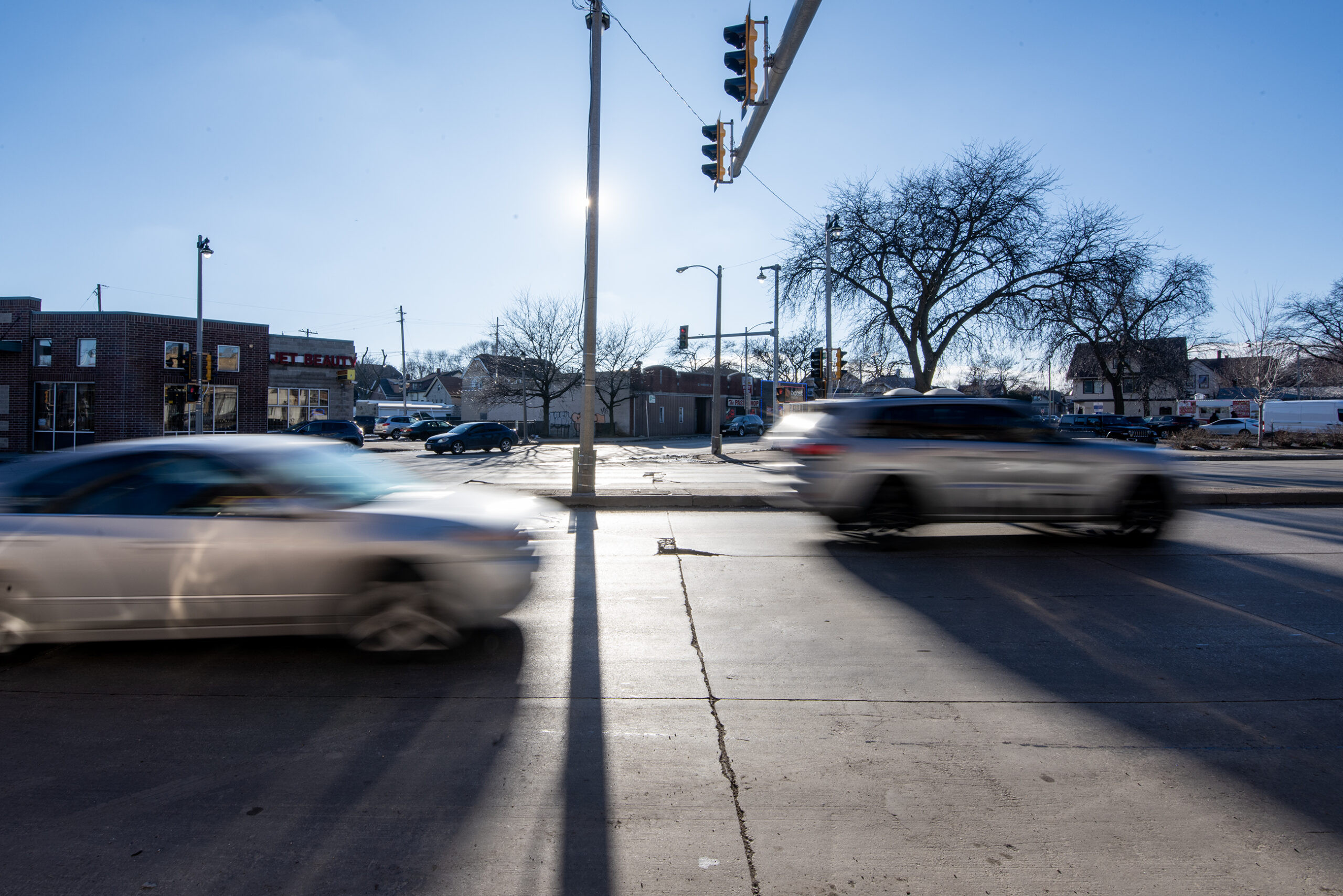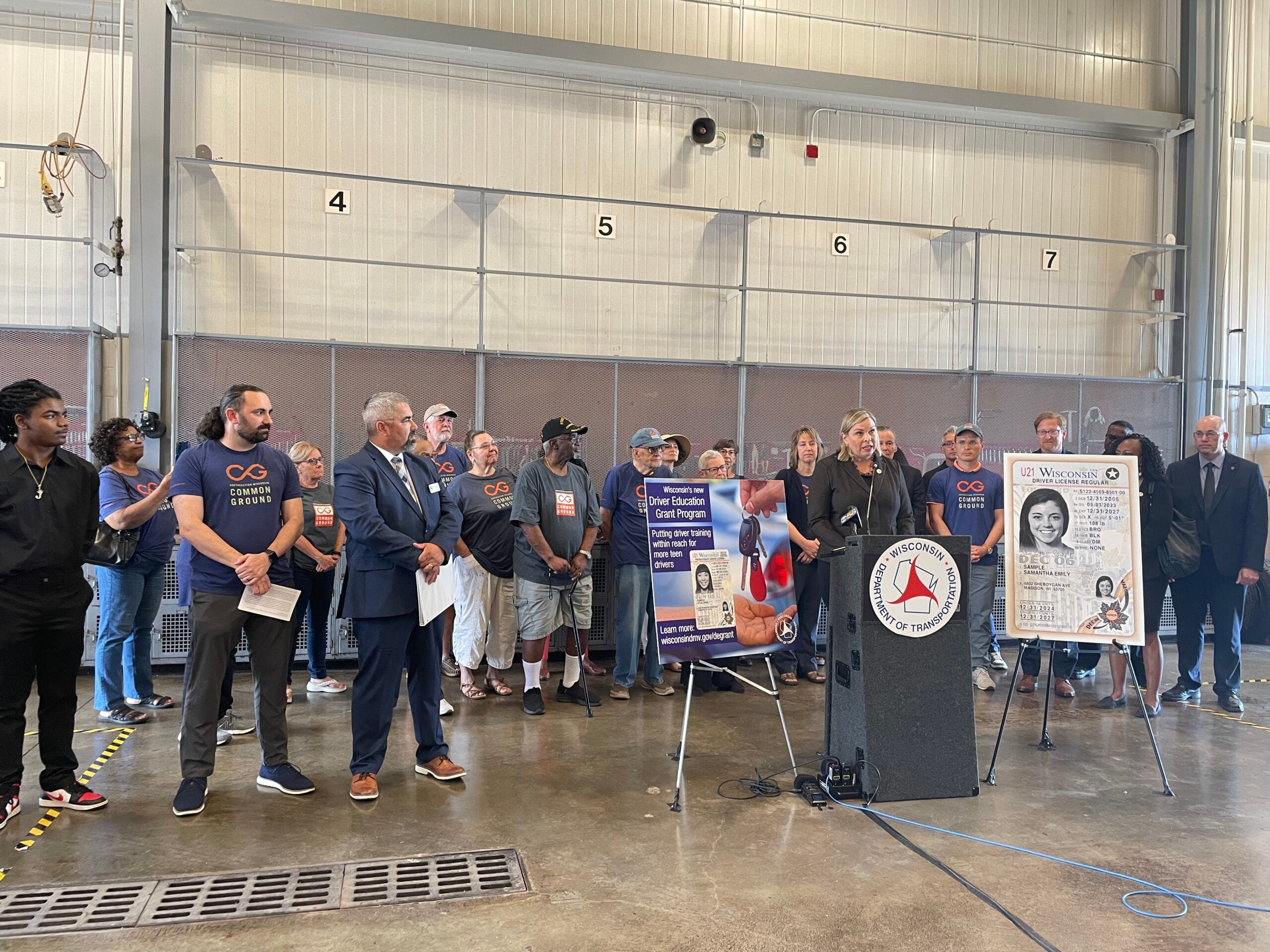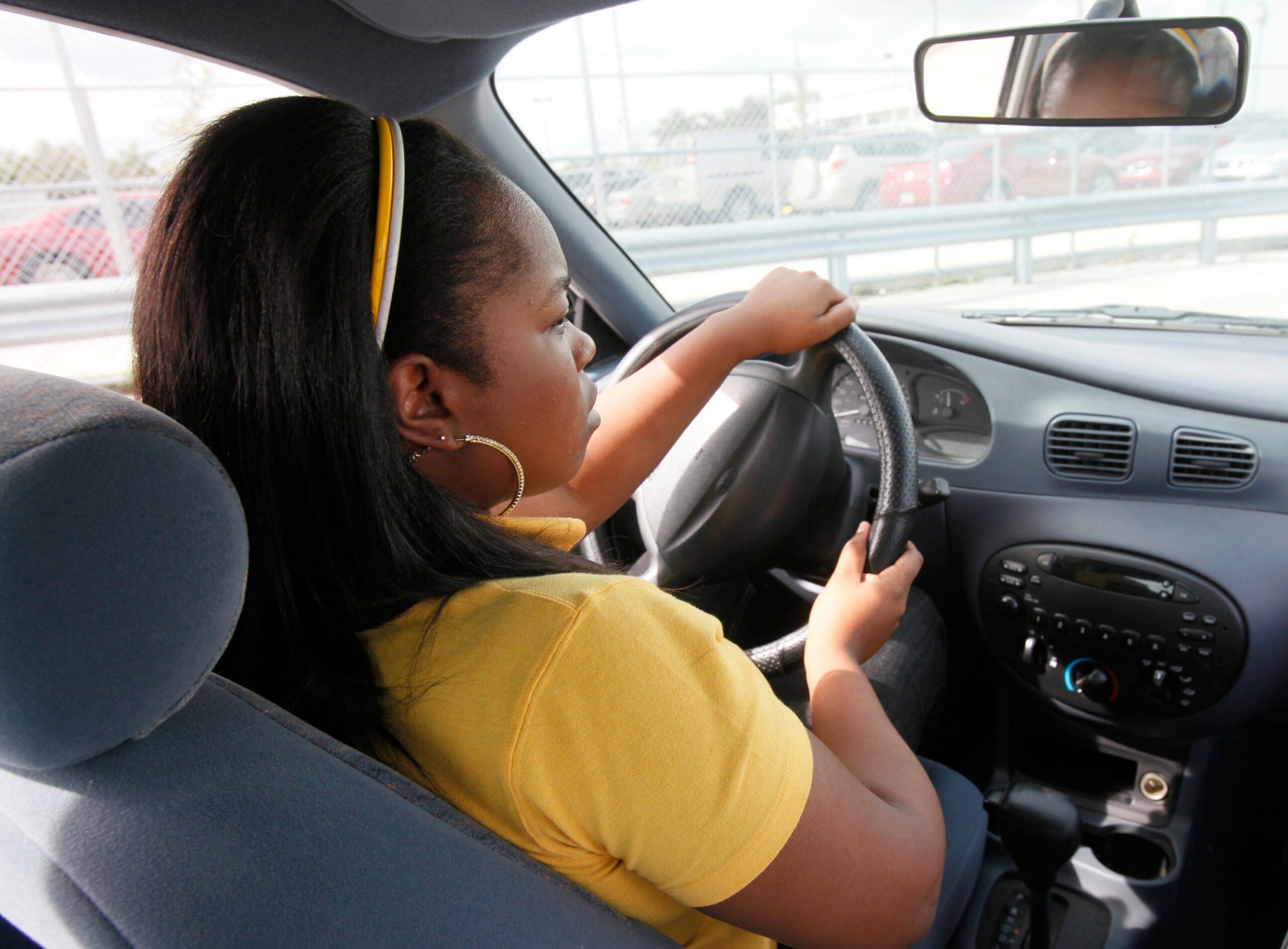For 43 years, Wisconsin publicly funded driver’s education for teenagers. Then, in 2004, budget cuts ended the program. Teens under 18 still had to complete driver’s ed to receive instruction permits and probationary licenses, but had to pay for classes themselves.
Now, the Wisconsin Department of Transportation will use $6 million from 2023’s biennial budget to cover the cost of driver’s ed for 15 to 17-year-old residents who qualify for free and reduced lunch.
At a press conference Thursday, WisDOT Deputy Secretary Kristina Boardman said students can apply for a grant on the website of the Wisconsin DMV.
News with a little more humanity
WPR’s “Wisconsin Today” newsletter keeps you connected to the state you love without feeling overwhelmed. No paywall. No agenda. No corporate filter.
“Students who receive the grants can enroll in any driver education program offered by an authorized provider, and the tuition is paid directly to the driver training provider,” Boardman said.
The grants cover all 30 hours of classroom time, six hours of observation and six hours of behind-the-wheel training mandated by state law.
Program seeks to address reckless driving
The push for the program came from Common Ground, a community organizing group in Milwaukee. The group talked to 982 people in a 2021 listening campaign and learned that reckless driving was an overriding concern.
“We identified the need for long-term driver’s education funding,” said Franz Meyer, a Common Ground board member.
In the 20 years since Wisconsin stopped funding driver’s ed, Meyer said “the number of people taking driver’s ed has been going down, while the number of people driving recklessly and without a license has been going up.”
Common Ground cited a 2018 study by the Oregon DOT, which found that out of all teens who crashed their cars in that state, 91 percent did not have a license.
“While this will not completely solve reckless driving, we have removed the financial barrier for those that may have otherwise not participated in driver’s education,” said Rep. Bob Donovan (R-Greenfield), who introduced the bill creating the grant program to the Wisconsin State Assembly.
The bill received strong bipartisan support in both houses of Wisconsin’s legislature.

Disparities in teen licensing
Khalil Stewart is a senior at Pathways High, a charter school in Milwaukee. He has four siblings and said his mother works two jobs.
“It’s so much that she does for me and my siblings,” Stewart said at the press conference. “And $400 towards driver’s ed for her — she had told me this — is either $400 towards groceries, or it’s $400 towards driver’s ed. And that’s a hard choice in a household with kids.”
Stewart testified during the bill’s hearing in Madison.
“It led me to being able to meet representatives, senators and even the governor. It let me know how it work on the inside, and that somebody like me can make change,” Stewart said.
He said he got involved in the effort through Meyer, who is the former director of Pathways High.
“I know that, at my school, there was at least one student who drove without a license. I pretended not to know, because it was her only way to get to school consistently,” Meyer said. “For her, driving was the difference between graduating or not.”
According to a 2016 study by UW-Milwaukee, only 30 percent of Black and Hispanic 18-year-olds in Wisconsin have driver’s licenses. That number is 75 percent for white 18-year-olds in the state.
Funding comes from insurance industry fees
Meyer said Milwaukee Mayor Cavalier Johnson helped connect Common Ground with the Wisconsin Insurance Alliance, the lobbying group for property and casualty insurers in Wisconsin.
Insurance companies pay fees to help run the state’s Office of the Commissioner of Insurance. Recently, the fees have yielded more than is necessary to run the office, rolling over around $26 million to the state’s general fund annually.
The $6 million in initial funding for the driver’s ed grant program comes out of those fees.
The grant program will receive the funds annually. In future budget cycles, that will equal $12 million per biennial budget.
WisDOT estimates that a maximum of 128,000 teens could be eligible for the program each year. According to the department’s fiscal estimate, $6 million can fund free driver’s ed to somewhere between 10,000 and 13,330 students.
Wisconsin Public Radio, © Copyright 2025, Board of Regents of the University of Wisconsin System and Wisconsin Educational Communications Board.





